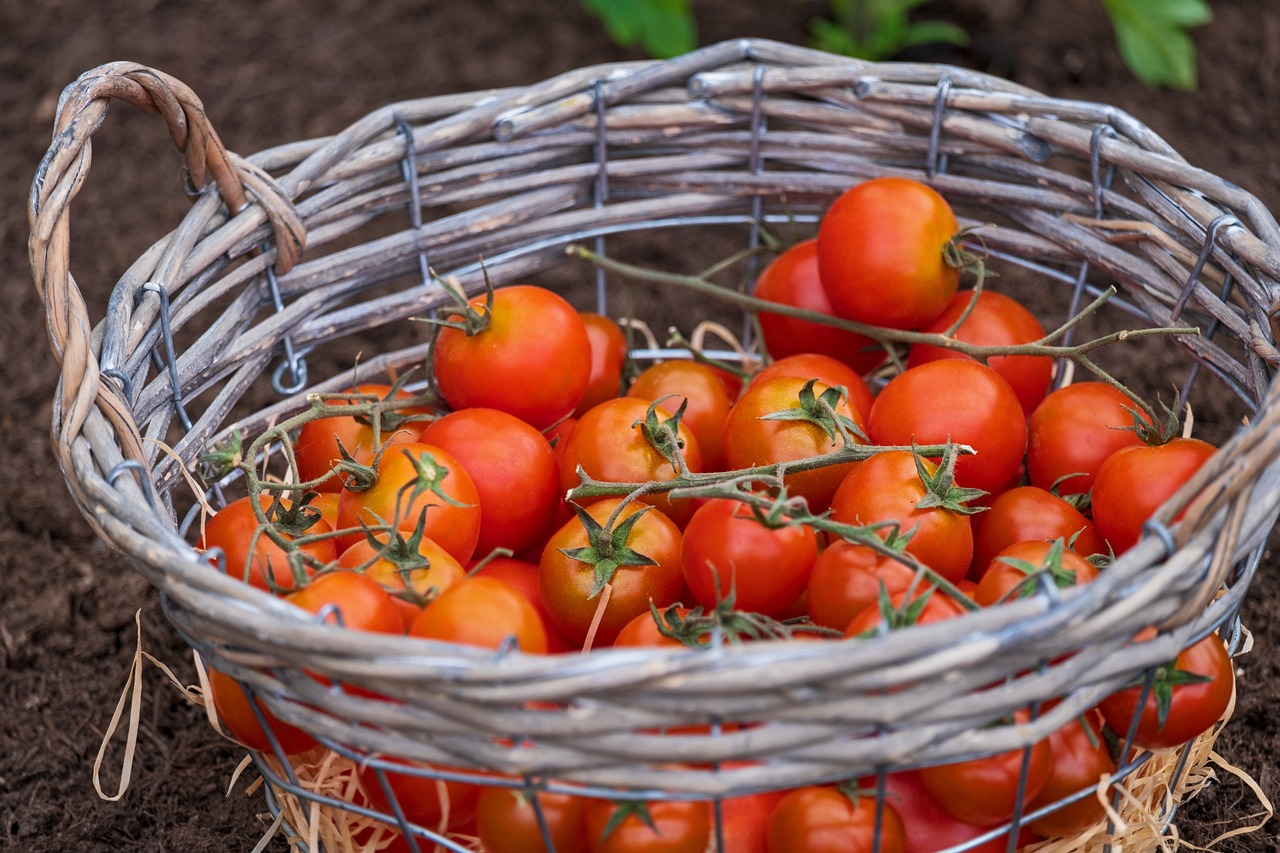The Impact of Food Industry on Sustainable Agriculture Practices in Developing Countries
Smallholder farmers in developing countries often encounter numerous obstacles in their pursuit of agricultural productivity and sustainability. One of the key challenges they face is limited access to crucial resources such as land, water, and seeds. Without sufficient resources, these farmers struggle to increase their crop yields and ensure food security for their families and communities.
Furthermore, smallholder farmers frequently lack access to modern agricultural technologies and techniques, hindering their ability to improve efficiency and adapt to changing environmental conditions. The absence of adequate infrastructure, such as roads and storage facilities, also poses a significant challenge for these farmers, as it limits their ability to transport and preserve their produce effectively.
Importance of sustainable agriculture practices in ensuring food security
Sustainable agriculture practices play a crucial role in ensuring food security for communities in developing countries. By promoting efficient use of resources, minimizing environmental impact, and enhancing resilience to climate change, sustainable farming methods help smallholder farmers improve their productivity and food production. Implementing agroecological techniques, such as crop diversification, soil conservation, and water management, can significantly boost yields and reduce vulnerability to crop failures.
Furthermore, sustainable agriculture practices contribute to long-term food security by preserving natural ecosystems and biodiversity. By maintaining soil health, reducing reliance on chemical inputs, and promoting sustainable land management, smallholder farmers can safeguard their livelihoods and ensure a stable supply of nutritious food for their families and communities. Investing in sustainable agriculture not only benefits farmers in the short term but also paves the way for a more sustainable and resilient food system for future generations.
Role of food industry in promoting sustainable agriculture practices
Promoting sustainable agriculture practices is crucial for the food industry to ensure long-term viability and meet the increasing demand for food globally. By adopting sustainable methods such as crop rotation, integrated pest management, and soil conservation, the food industry can reduce environmental impact, conserve natural resources, and improve the overall health of the ecosystem.
Furthermore, implementing sustainable practices can enhance the resilience of food production systems, making them more adaptable to changing climatic conditions. This not only benefits the food industry by ensuring consistent supply chains but also helps smallholder farmers in developing countries to improve their livelihoods and maintain their food security. By taking proactive steps towards sustainability, the food industry can play a significant role in promoting a more environmentally friendly and resilient agriculture sector.
• Crop rotation helps maintain soil fertility and reduce the need for synthetic fertilizers
• Integrated pest management reduces reliance on chemical pesticides and promotes natural pest control methods
• Soil conservation practices such as no-till farming help prevent erosion and improve soil health
• Sustainable agriculture practices can lead to higher yields in the long run, benefiting both farmers and the food industry
What are some challenges faced by smallholder farmers in developing countries?
Smallholder farmers in developing countries often struggle with limited access to resources such as land, water, and technology. They also face challenges related to climate change, market access, and fluctuating prices.
Why is sustainable agriculture important for ensuring food security?
Sustainable agriculture practices help to protect natural resources, improve soil health, and promote biodiversity. By adopting sustainable practices, farmers can increase their resilience to climate change and ensure a more stable food supply for future generations.
How can the food industry help promote sustainable agriculture practices?
The food industry can support sustainable agriculture practices by sourcing ingredients from farms that use environmentally friendly methods, investing in research and development of sustainable farming techniques, and educating consumers about the importance of choosing sustainably produced food products. Additionally, food companies can collaborate with farmers and organizations to implement sustainable practices throughout their supply chains.







